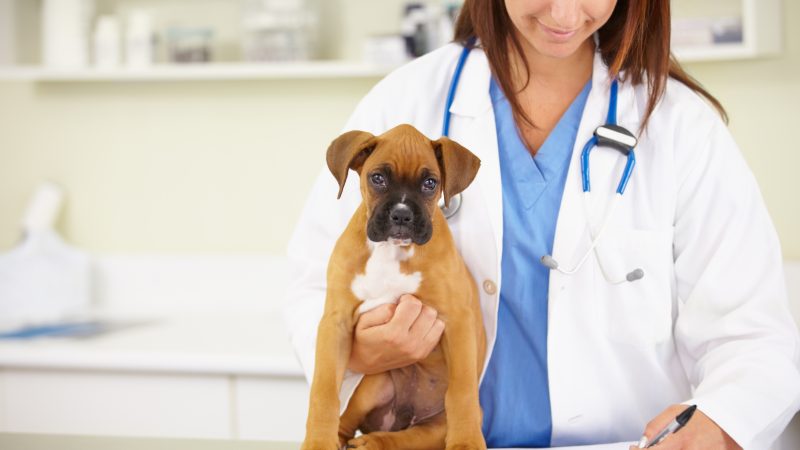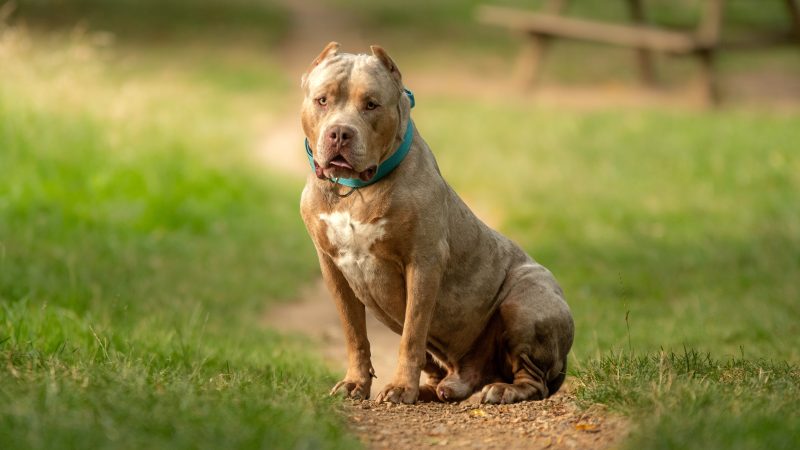Call to restrict movement of dogs to curb Brucella canis spread

The BVA, SPVS and BVNA has called for restrictions the movement of dogs from countries with high levels of diseases like Brucella canis, and mandatory pre-import testing to stop the spread..
Data released by the Government shows that cases have risen from three reported before 2020 to 240 in the last three years.
Most dogs were either imported, had returned from holiday overseas, or been bred with an imported dog.
In 2022, the first UK case of dog-to-human transmission was reported, highlighting the risks to those handling and treating infected dogs and raising levels of concern within veterinary teams, although the BVA says the risk is relatively low.
The BVA, SPVS and BVNA joint policy calls on the Government to :
- Restrict the movement of dogs from countries that are endemic for diseases not currently considered endemic in the UK, after carrying out a risk assessment to determine for which countries and diseases testing should be implemented.
- Introduce testing for any relevant diseases as a mandatory requirement for dogs before travel to the UK.
- Improve border controls and increase enforcement to prevent the importation of puppies and pregnant bitches.
BSAVA President Carl Gorman said: “Brucella canis demonstrates the potential risks imported diseases pose to both human and animal health. The fact that a dog might carry the disease without any obvious clinical signs or that clinical signs can be ambiguous, understandably create a degree of uncertainty for both vets and pet owners.”
“The BSAVA Scientific Information Document provides relevant information for veterinary staff in practice, along with APHA resources, and we would encourage their use by vets in practice to support decision-making with owners on suitable options tailored for their particular situation. Vets are also well placed to help educate owners and increase their awareness not just about the impact an infected dog can have on the community but also, on how the spread of the disease can be minimised.”
British Veterinary Association President Anna Judson added: “Vets are seriously concerned about the lack of adequate checks for potentially zoonotic diseases entering the country via imported dogs.
“Brucella canis is not currently considered to be widespread in the UK, so a proactive approach with an emphasis on reducing the risk of this and other worrying exotic diseases being brought into the UK is crucial. This is important both for the health of the UK’s dogs and the humans who care for them.”







